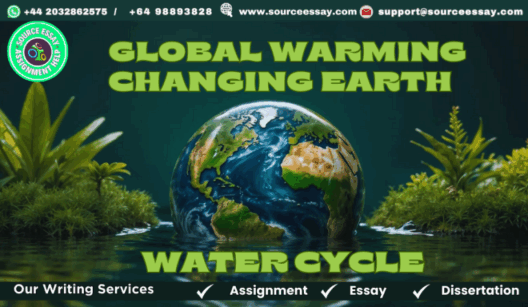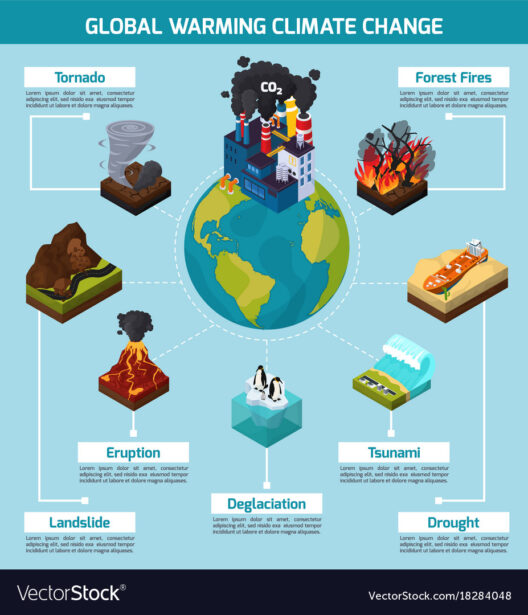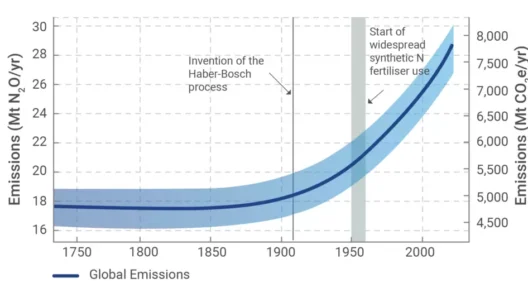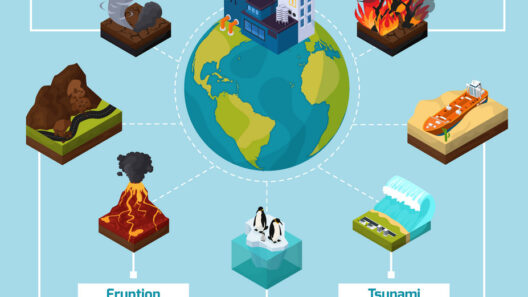Climate change is a pervasive issue that extends its far-reaching tendrils into every corner of the planet, particularly affecting marine ecosystems. From the infinitesimal plankton to the imposing predators of the ocean, the impact of global warming is profound and multi-faceted. This essay elucidates the various ways in which rising temperatures and altered ocean conditions jeopardize marine life, creating a cascade of effects across the food web.
At the base of the marine food web lies plankton, an umbrella term for a diverse array of microscopic organisms, which includes both phytoplankton—photosynthetic organisms—and zooplankton, the animal counterparts. These organisms form the backbone of marine life, supporting everything from small fish to massive whales. However, increased sea temperatures and acidification due to heightened CO2 levels disrupt their reproductive cycles and distribution patterns. Phytoplankton, for instance, are sensitive to changes in nutrient availability and light penetration; as ocean stratification intensifies owing to warming, mixing layers decrease, potentially leading to nutrient-poor conditions. Consequently, this deterioration can lead to diminished primary production, affecting the entire marine food chain.
Moreover, plankton are vital in carbon sequestration, a process where CO2 is absorbed from the atmosphere and stored in the ocean. Their decline could accelerate global warming as less carbon is drawn from the atmosphere. This nexus elucidates how integral these organisms are in mitigating climate change; their survival is paramount not only for marine ecosystems but for global carbon cycling as well.
The repercussions of compromised plankton populations extend to fish, as they serve as a fundamental food source. Fish species like herring and anchovies, which heavily rely on plankton for sustenance, are affected by both food scarcity and changing distributions. As waters warm, many fish species are shifting their habitats poleward in search of cooler waters, leading to altered fishing grounds. This migration disrupts local fishing economies and ecosystems, posing challenges to fisheries management and sustainability.
Additionally, warmer waters lead to the proliferation of harmful algal blooms, which can produce toxins detrimental to fish and marine mammals. These blooms can thrive in nutrient-rich areas where agricultural runoff increases, exacerbated by climate change-induced shifts in rainfall patterns. Such algal blooms lead to hypoxic (low oxygen) zones, which create dead zones where marine life struggles to survive. The combination of these phenomena results in a decline in fish populations that not only threatens biodiversity but also the livelihoods of communities reliant on fishing.
Beyond fish, marine mammals are subjected to the ramifications of global warming. The Arctic region is experiencing some of the most dramatic transformations due to climate change, particularly in the form of melting sea ice. Species such as polar bears, which depend on sea ice as a platform for hunting seals, are finding their habitats increasingly compromised. As their hunting grounds diminish, their ability to thrive is severely hampered, leading to reductions in their populations and altering predator-prey dynamics in these fragile ecosystems.
Coral reefs, often referred to as the “rainforests of the sea,” are also succumbing to the effects of climate change. Rising sea temperatures lead to coral bleaching, a phenomenon where corals expel the symbiotic algae (zooxanthellae) that provide them with essential nutrients and their vibrant colors. If prolonged, bleaching can lead to coral death, resulting in the collapse of entire reef ecosystems. Coral reefs are not only crucial habitats for numerous marine species, but they also protect coastal areas from erosion and support local economies through tourism.
The cascading impacts of global warming are evident in predator populations as well. As temperature shifts alter the available prey, top predators such as sharks and larger fish must adapt or face decline. For example, changes in the distribution of their prey can lead to increased competition and stress on these apex predators. Sharks, which are already facing pressures from overfishing, encounter additional challenges as their migratory patterns shift, further complicating conservation efforts.
In a broader ecological context, interspecies competition intensifies as species attempt to adapt to new conditions. Climate change fosters an environment where invasive species can flourish, outcompeting native species and contributing to the decline of biodiversity. The introduction of invasive species alters the existing balance of marine ecosystems, stressing native populations and ecosystems even further.
It is evident that the impacts of global warming on marine ecosystems are interconnected and cyclical. The demise of plankton populations leads to declines in fish, which affects marine mammals, and eventually impacts predator species. Throughout these changes, the combined stresses of habitat loss, temperature increases, ocean acidification, and altered food webs drive many marine species toward the brink of extinction.
The multifaceted challenge posed by climate change necessitates immediate and concerted action. Effective strategies must encompass global efforts to reduce greenhouse gas emissions, regulate fisheries, and protect marine habitats. By fostering sustainable practices and enhancing marine protected areas, we can provide refuge for marine species and help restore the resilience of aquatic ecosystems.
In conclusion, the gripping effects of global warming on marine ecosystems are profound and complex, impacting life from the smallest plankton to the largest predators. As stewards of the planet, it is imperative that humanity acknowledges and addresses these critical challenges, lest the oceans, teeming with vitality, face irrevocable transformations.








